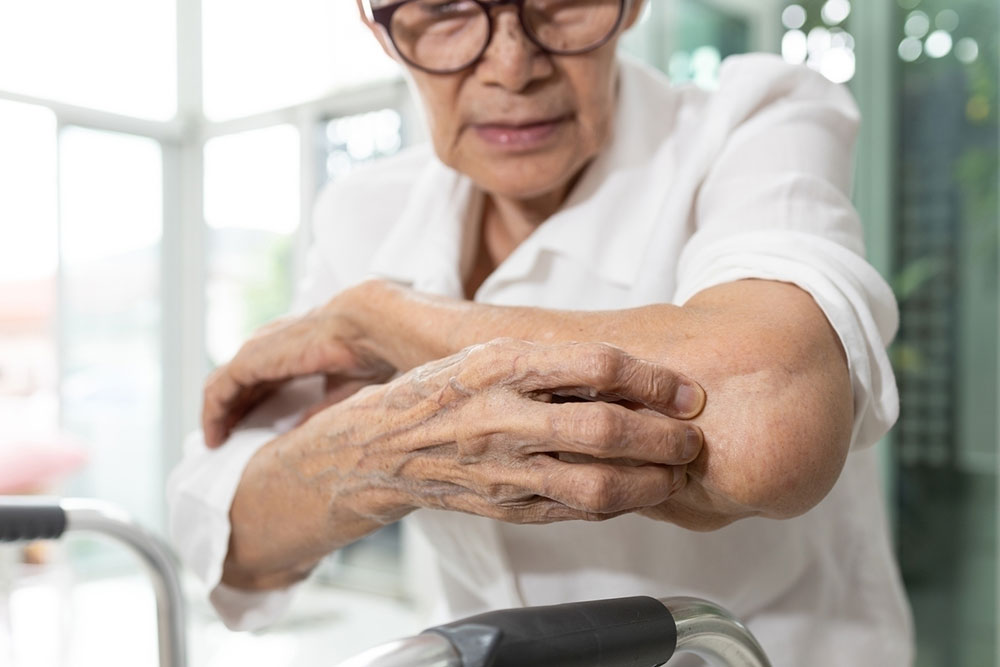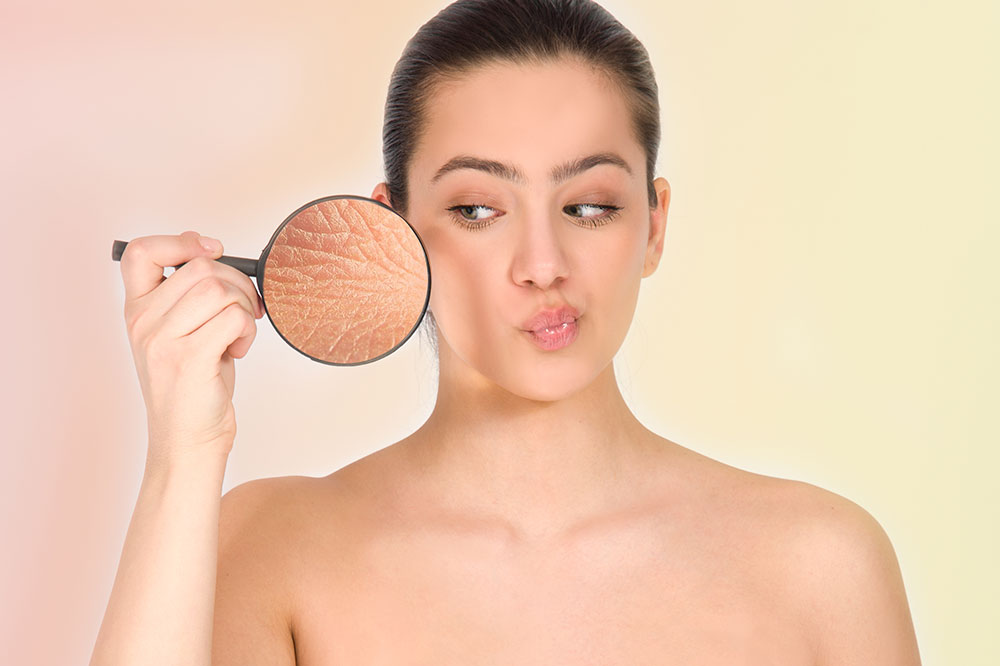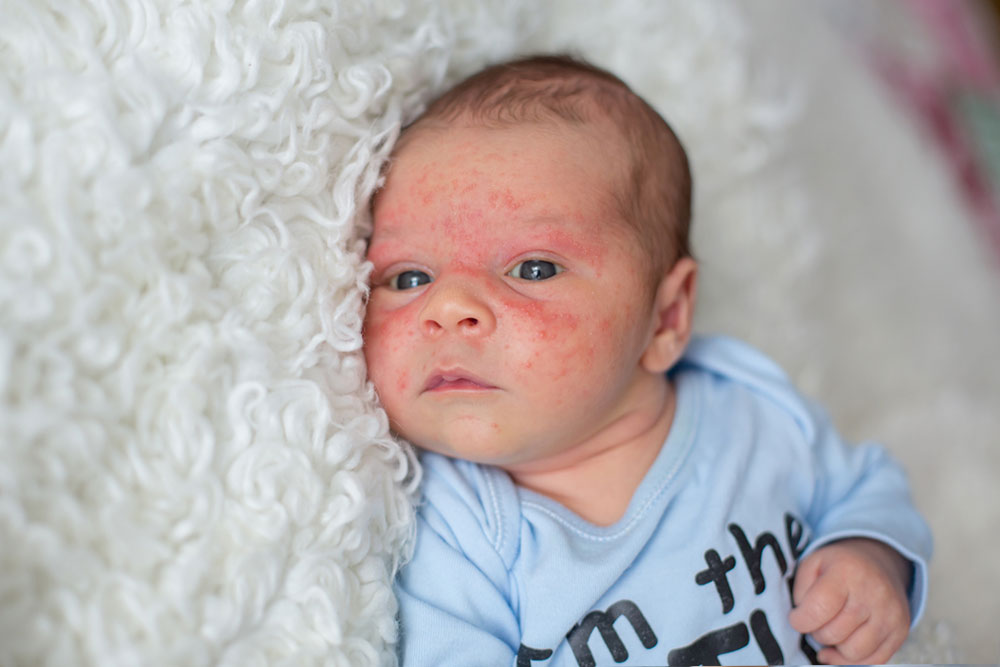Effective Strategies to Relieve Itchy Skin in Seniors
Elderly individuals often face itchy skin caused by dryness, eczema, or allergies. Managing symptoms involves proper hydration, gentle cleansing, and soothing remedies like cold compresses and paraffin wax treatments. Consulting healthcare providers ensures safe and effective care. This guide offers practical strategies for alleviating discomfort and improving skin health in seniors.

Effective Strategies to Relieve Itchy Skin in Seniors
As we age, our skin becomes thinner and less capable of shielding against irritants, leading to increased dryness and sensitivity. This makes elderly individuals more prone to itching caused by dust, microbes, or insect bites. Persistent itchiness, known as pruritus, commonly occurs around the scalp, neck, ankles, and wrists, resulting in discomfort and stress. Identifying common causes and symptoms is essential for proper treatment and relief.
Primary Causes of Itchy Skin in Older Adults
Itching often signals underlying health conditions or external factors like restrictive clothing or bedding materials.
In addition, internal factors, particularly in immunocompromised seniors, can contribute, especially with allergies. Main causes include:
Skin Hydration Loss - A primary factor, often linked to reduced moisture retention, especially during cold or dry conditions.
Dermatitis or Eczema - An autoimmune condition where immune system dysfunction causes skin barrier problems, leading to dryness, inflammation, and potential infections.
These skin issues allow bacteria, viruses, or dust mites to penetrate, aggravating itching.
Other triggers include:
Allergic Responses - Contact with allergens such as certain fabrics, chemicals, pets, or foods like nuts and shellfish can provoke symptoms.
Urticaria (Hives) - An allergy-related immune reaction releasing histamine, resulting in swelling, redness, and intense itchiness, sometimes painful.
Recognizing Itchy Skin Symptoms
Localized discomfort or pain
Swollen or inflamed areas, warm or cool to touch
Bumps, blisters, or spots
Red, itchy patches
Scratches or scaly patches from persistent scratching
Effective Ways to Manage Itchy Skin in Seniors
Reduced skin resilience with age leads to persistent itching and increased sensitivity. It can trigger a cycle of scratching that worsens discomfort and raises infection risk. Certain home remedies and lifestyle changes can help:
Keep Skin Moisturized - Regular application of emollients and hydrating creams helps retain moisture, alleviating dryness and reducing the urge to scratch. This also prevents cracking and infections.
Use Paraffin Treatments - Applying or dipping in paraffin wax forms a moisture barrier, beneficial for conditions like eczema or psoriasis. Ensure the wax is at a safe temperature to avoid burns.
Choose Gentle Cleansers - Use hypoallergenic, fragrance-free soaps suitable for sensitive skin to prevent further irritation and preserve natural oils.
Apply Cold Compresses - Pressing a cool cloth on itchy areas can soothe inflammation and reduce swelling. Homemade compresses involve soaking a cloth in cold water before applying.
Reminder: The information shared here is for educational purposes. Always seek professional medical advice before beginning treatments or home remedies for skin issues. Proper diagnosis and treatment are crucial for effective relief.


